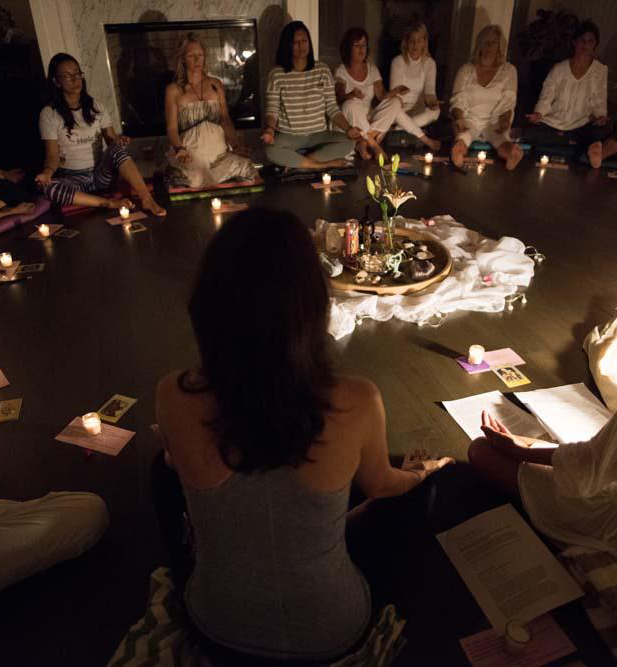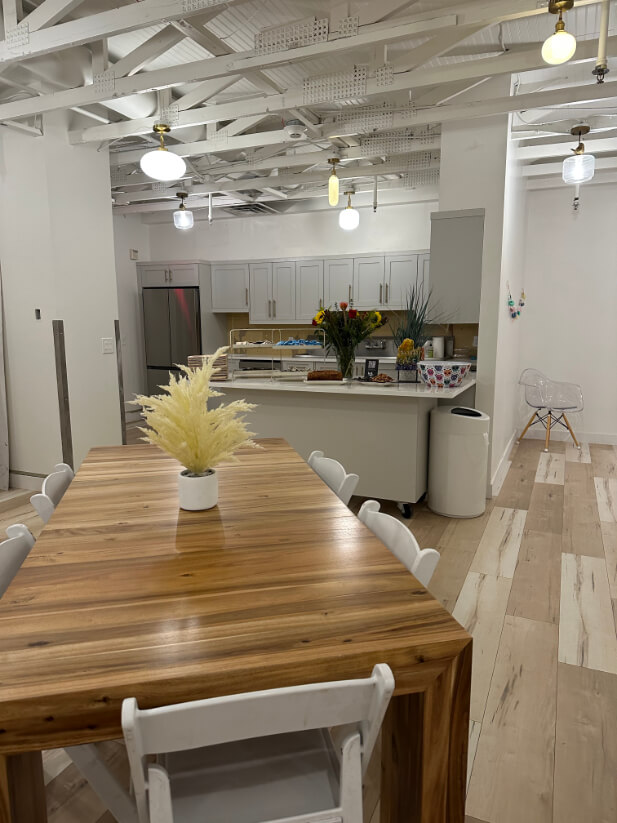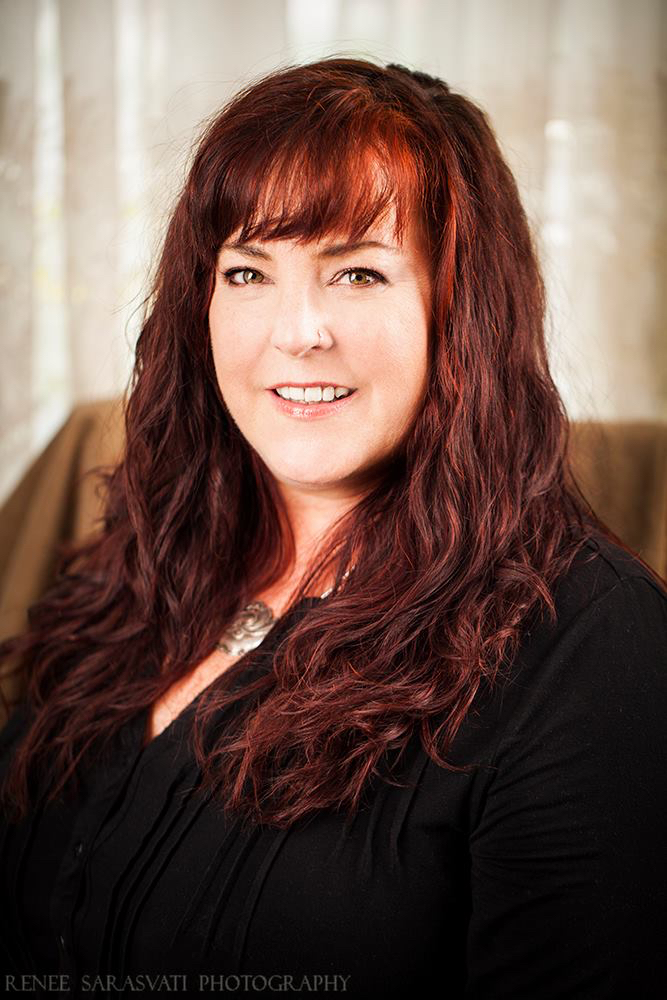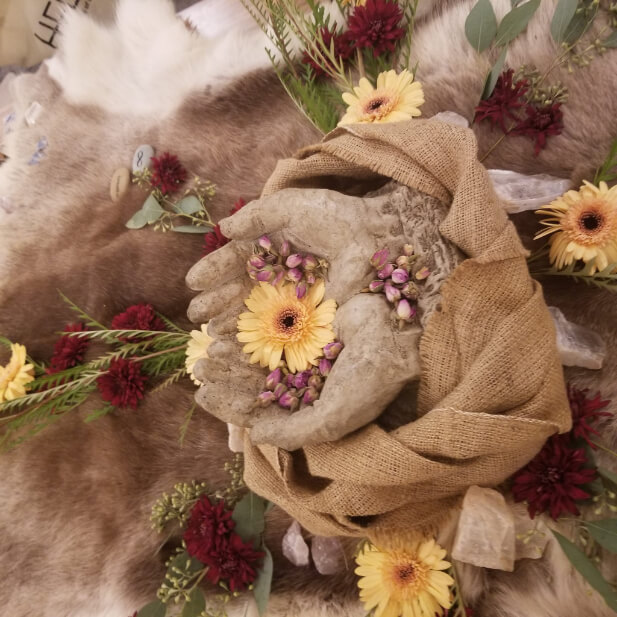
End of Life Doula Training
Currently, HELD Doulas are “trained,” but not certified. The certification process is intensive, and involves a number of hours, clients, and assessments. As our doulas become certified, we will add a “Certified Doula” page listing those we consider HELD Certified–look for that page in the future.
HELD: Help From an End of Life Doula welcomes you to Death Doula Training. This three-day, intensive course will provide you with all the tools necessary to become a Soul Midwife, End of Life Doula, and/or Transition Coach (whichever term you prefer). By the end of this course, you will be able to guide, support, and hold space for dying individuals and those closest to them. There are numerous reasons individuals are called to pursue this work: you may have had a sacred experience around the death of a loved one, or perhaps you have felt that a death you experienced was actually lacking—even though at the moment you may not have been able to determine why.

During this training course, we will explore all aspects of Transitional Coaching with a specific focus on how death doulas preside over the flow of life. As a HELD trained End of Life Doula, you will learn specific Principles of Interaction, which will become your touchstones. These principles will help ground you as you navigate the area of in-between, which is specific to death doula work, and necessary, as you hold space and allow your client to reach a place of grounded clarity.
This course experience is designed to model the specific type of communication and interaction that Death Doulas use, so we do not just talk about or “teach” these techniques—we experience, and practice them so that participants begin to embody them. Although this is a three-day training, the skills and techniques you will learn are impossible to perfect in this time; they actually become a life long practice because, in reality, this type of communication is something that we all continuously strive to achieve.
Trainings can be offered anywhere in the world if there is a desire. Contact Jude for details.

Dr. Higgins is a Ritual Artist & a trained facilitator in numerous methodologies including Renewal and Wholeness, and Circles of Trust™, and has offered numerous workshops and trainings at colleges and universities for the past 13 years. Since these practices are instrumental in the work of Death Doula’s, you will learn the key aspects, as we incorporate them throughout this course.
In addition to providing practical information, we have designed this course so that everyone can practice communication techniques, ethnography with regard to recording a life history, grounding techniques, guided visualizations, and meditations. In other words, this is an embodied training*. In our Death Doula Training, you will do your own individual work in community, and work in pairs, triads, and small groups.



This course will cover all aspects of working as a Death Doula. We will explore ways in which doulas help clients process guilt, shame, regrets, and unfinished business through meditation, guided visualization, and story. We will define legacy projects, why they are necessary, and discuss the many different types of projects that fall under this category. We will detail self-care and discuss why is it important, and ways in which you can incorporate it into your daily routine (many care givers have difficulty remembering their own self care). Finally, we will explore the vigil in detail—attendance at the bedside of the dying person (death doulas are present and help conduct vigil as clients are actively dying), grief and grief processing. Typically doulas work with the family and provide emotional, physical, and spiritual support around the clock during this time. The vigil process can be incredibly intense, but it is also immensely profound and beautiful. This course will give you a foundation on which to build the skills necessary to help individuals and families through this transitional process.
*Because this is an embodied training, and we discuss the sensitive subject of death and dying, it is necessary to go through a pre-screening process prior to registration. Please contact Jude directly for details.





